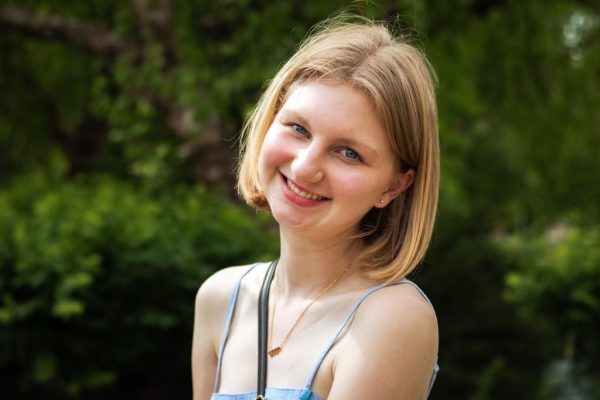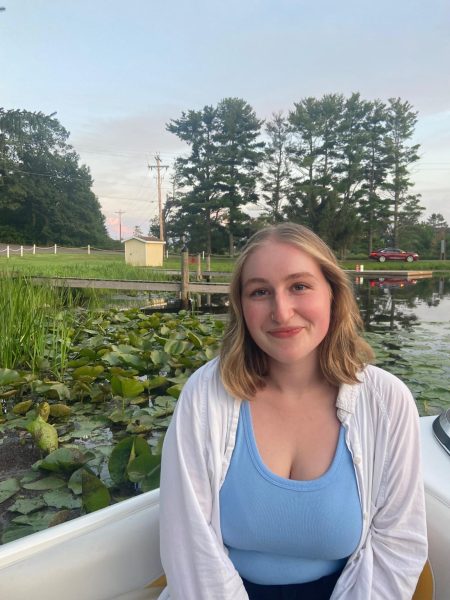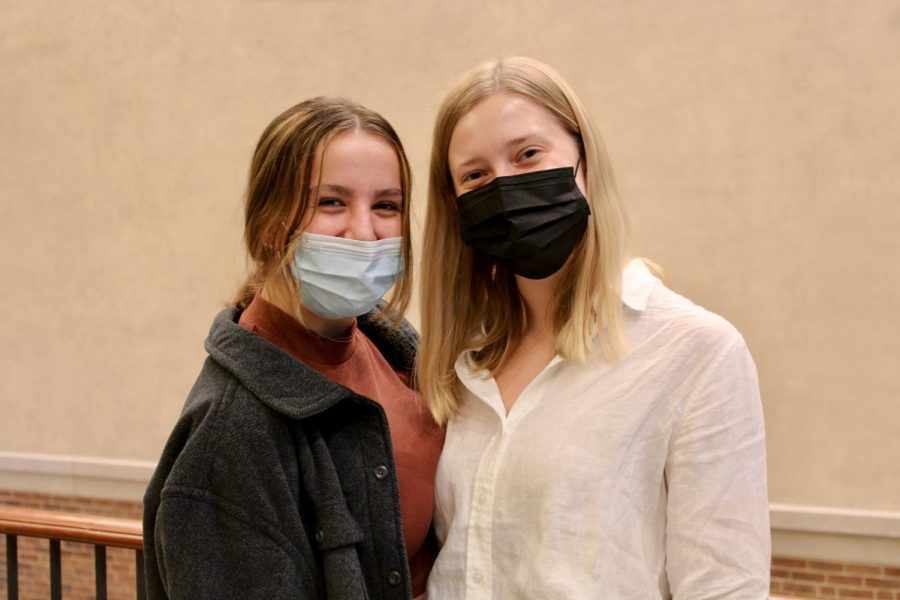Girls, Period at SLU: Promoting Conversation Around Women’s Health
Last month, a Zoom call with Dr. Jocelyn Fitzgerald, a female pelvic medicine and reconstructive surgeon and urogynecologist, kicked off the events of a rising Saint Louis University student group: Girls, Period. Dr. Fitzgerald spoke about endometriosis, pelvic pain and women’s health to an invigorated audience of 25 students.
Last May, sophomore Jenny Vandeven attended an event put on by Washington University and the University of Virginia where she learned about Girls, Period: an organization originally founded by Jessica and Alison Almgren-Nell, twin sisters and recent graduates of Washington University. Self-described as “a women’s health educational initiative,” this is an organization dedicated to education and conversation. After attending this event, Vandeven united with her friend and fellow sophomore, Julia Petti, to bring Girls, Period to Saint Louis University.
While Washington University’s chapter focuses largely on fertility, Vandeven and Petti’s hope is to make Girls, Period SLU more broad and universal, focusing not only on fertility in women but specific issues that both they and the student body are concerned about—such as health advocacy for all bodies and the inequities that exist in modern medicine.
Already on SLU’s campus, there is American Medical Women’s Association (AMWA) which is dedicated to the experiences of collegiate women on the pre-med track, and Project Period, a menstrual equity initiative. Though both of these student organizations bring great advocacy for women’s health, they have specific areas of interest, while Girls, Period SLU wants to take its own route.
“What are you doing it for?” asks Vandeven about the process of starting a new club on campus. “Why have that [Saint Louis University] club? You have to be filling a need.”
According to Vandeven, the role Girls, Period fills at Saint Louis University is not only educating the student body about necessary topics related to women’s health, but encouraging students to advocate for themselves and their peers. Considering the misinformation and common lack of knowledge regarding women’s health in society, Girls, Period’s mission is concise and clear: to purely educate, raise awareness and keep the conversation going.
“We are learning,” says Petti. “Every little bit of information that is so clearly lacking is enough to have people understand their bodies.”
This platform is not only for women, it’s for everyone. “It’s valuable for guys to know what the other 60 percent of the SLU population is experiencing,” says Petti, who studies Neuroscience with a Health Care Ethics minor and is personally invested in the way the medical system operates. Women’s health has largely been stigmatized, and it is groups like Girls, Period that are not only actively addressing it, but advising a change in how we think and regard those who identify as women and their bodies.
Not only is the organization significant for educational purposes, there is a personal stake in it, too. Vandeven, who studies Women’s and Gender studies alongside her Investigative and Medical Sciences major, says, “This is frustrating. I want to do something about it. I want to make my voice heard. I think starting Girls, Period is the perfect way to do that.” Personal interest and passion from these two women has driven Girls, Period to their first event and will continue to motivate their future success.
Currently, Girls, Period is working on becoming an official Saint Louis University affiliated club, and once they do, Vandeven and Petti are ecstatic about in-person events. They do not want their organization to limit its members to weekly general body meetings, but rather are planning ways to make the club interactive, so members are participating in advocacy themselves. Where social media fails in comprehensive knowledge, Girls, Period is committed to spreading reliable and properly sourced facts from physicians themselves. Dr. Fitzgerald was just the beginning of the variety of health care and public health employees Girls, Period hopes to have to speak to SLU students.
Keep a lookout: Girls, Period is here not only to educate the community about women’s health but also hopes to foster conversation about why we should be talking about it in the first place.
Your donation will support the student journalists of Saint Louis University.






